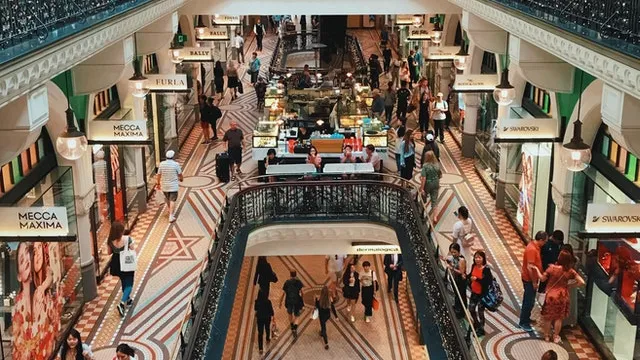
Sydney’s retail space completion at its lowest levels in two years
There was only 15,700sqm worth of retail space completed in Q1.
Sydney only saw three developments completed in the first quarter of 2022, which translates to 15,700 sqm of retail space. These completions were the lowest since 1Q20 when only 10,000 sqm was brought onto the market.
According to JLL, the supply pipeline remains soft with only 60,000 sqm forecast to reach completion by the end of the year and a further 37,000 sqm is set to come online in 2023. The pipeline for the next two years is dominated by neighbourhood centres (57%) with the balance split equally between CBD prime retail and large format retail centres.
Here’s more from JLL:
Discretionary spending continues to improve
New South Wales retail spending continued to increase with 2.8% y-o-y growth recorded in February 2022 (ABS). February retail spending was driven by discretionary retailers with clothing and footwear retailing, department stores and cafes and restaurants recording the strongest growth, while monthly spending on food declined by 1.7% as the trend shifted back to dining out.
Retail leasing conditions continued to differ by category in 1Q22, with moderate demand from food and beverage (F&B) retailers, whilst demand in the fashion category, particularly mid-market fashion retailers, continues to be subdued. The CBD leasing market continues to be challenged despite a slow and gradual increase in international travellers and office workers returning to the CBD.
Yields across all sub-sectors remained steady in 1Q22
The rental declines recorded for the majority of sub-sectors throughout 2021 have stabilised in 1Q22 with the exception of CBD rents, which continue to record steep declines. Fuelled by relatively low pedestrian foot traffic, both super-prime and prime CBD gross rents declined by 10% q-o-q.
Following significant compression throughout 2021, yields remained steady across all sub-sectors in 1Q22.
Outlook: Interest rate increases likely to disrupt consumer sentiment
The possibility of further interest rate increases in 2022 is likely to continue to disrupt consumer sentiment which has softened towards the end of 2021 and into 2022. Nevertheless, the build-up in household savings, accumulated during the COVID-19 pandemic coupled with a rebound in wage growth, is likely to support retail spending.
Investors are expected to continue to gravitate towards convenience-based retail assets with the investment proposition centred on the resilient and defensive underlying income stream and yield spread relative to other retail sub-sectors. We anticipate investors to continue to seek out neighbourhood assets given their defensive performance through the pandemic.
Note: Sydney Retail refers to Sydney's overall retail market.



















 Advertise
Advertise





